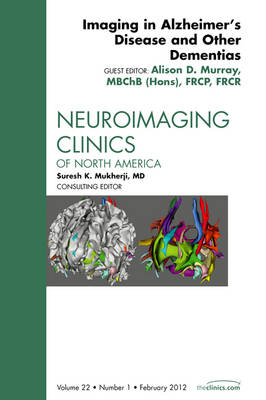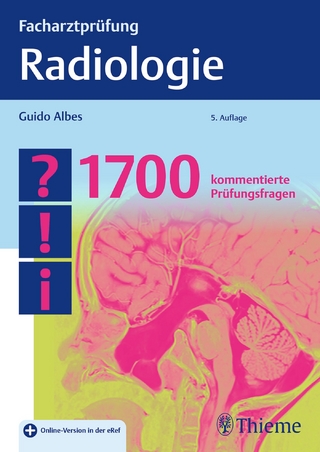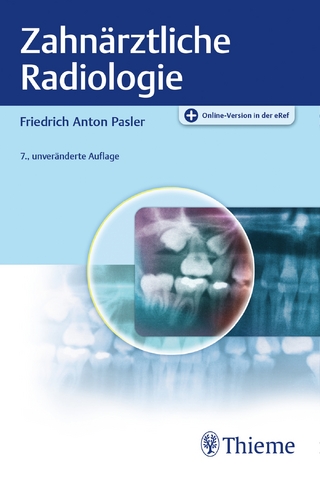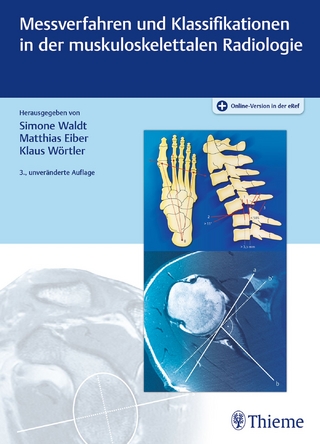
Imaging in Alzheimer's Disease and Other Dementias, An Issue of Neuroimaging Clinics
Seiten
2012
W B Saunders Co Ltd (Verlag)
978-1-4557-4207-3 (ISBN)
W B Saunders Co Ltd (Verlag)
978-1-4557-4207-3 (ISBN)
Dementia is a massive and increasing global problem. Neuroimaging in dementia is recommended by most clinical guidelines and its role has traditionally been to exclude a mass lesion, rather than to support a specific diagnosis. This title draws together contributions from experts in their fields to provide clarity to the topic.
Dementia is a massive and increasing global problem, with the current prevalence anticipated to double every 20 years as people live longer. Neuroimaging in dementia is recommended by most clinical guidelines and its role has traditionally been to exclude a mass lesion, rather than to support a specific diagnosis. All radiologists will be aware of a steady rise in the number of requests for brain imaging in old people, but what can imaging reliably tell us and what kind of imaging should we use? In affluent societies we now have a range of structural and molecular brain imaging techniques at our disposal, with specific ligands and sophisticated image analysis techniques now available for clinical use. However, we have difficulty justifying which patients to scan, using which modality and when. We know that Alzheimer's disease is the most common neuropathology contributing to a diagnosis of Alzheimer's disease but we also know from large post-mortem studies that most brain pathology in those who have died with a diagnosis of dementia is mixed. Thus understanding different diseases that can cause dementia, how these co-exist or interact and appreciating that not all dementia is Alzheimer's disease is important. Equally important is awareness of individual differences in response to a neuropathological burden and what factors provide resilience against dementia that might be maximized to reduce or postpone its impact. This issue draws together contributions from experts in their fields to provide clarity to the topic in a comprehensive collection of articles.
Dementia is a massive and increasing global problem, with the current prevalence anticipated to double every 20 years as people live longer. Neuroimaging in dementia is recommended by most clinical guidelines and its role has traditionally been to exclude a mass lesion, rather than to support a specific diagnosis. All radiologists will be aware of a steady rise in the number of requests for brain imaging in old people, but what can imaging reliably tell us and what kind of imaging should we use? In affluent societies we now have a range of structural and molecular brain imaging techniques at our disposal, with specific ligands and sophisticated image analysis techniques now available for clinical use. However, we have difficulty justifying which patients to scan, using which modality and when. We know that Alzheimer's disease is the most common neuropathology contributing to a diagnosis of Alzheimer's disease but we also know from large post-mortem studies that most brain pathology in those who have died with a diagnosis of dementia is mixed. Thus understanding different diseases that can cause dementia, how these co-exist or interact and appreciating that not all dementia is Alzheimer's disease is important. Equally important is awareness of individual differences in response to a neuropathological burden and what factors provide resilience against dementia that might be maximized to reduce or postpone its impact. This issue draws together contributions from experts in their fields to provide clarity to the topic in a comprehensive collection of articles.
| Erscheint lt. Verlag | 24.9.2012 |
|---|---|
| Reihe/Serie | The Clinics: Radiology |
| Zusatzinfo | Illustrations |
| Verlagsort | London |
| Sprache | englisch |
| Gewicht | 480 g |
| Themenwelt | Medizin / Pharmazie ► Medizinische Fachgebiete ► Geriatrie |
| Medizin / Pharmazie ► Medizinische Fachgebiete ► Neurologie | |
| Medizinische Fachgebiete ► Radiologie / Bildgebende Verfahren ► Radiologie | |
| ISBN-10 | 1-4557-4207-4 / 1455742074 |
| ISBN-13 | 978-1-4557-4207-3 / 9781455742073 |
| Zustand | Neuware |
| Informationen gemäß Produktsicherheitsverordnung (GPSR) | |
| Haben Sie eine Frage zum Produkt? |
Mehr entdecken
aus dem Bereich
aus dem Bereich
Buch (2023)
Thieme (Verlag)
190,00 €


